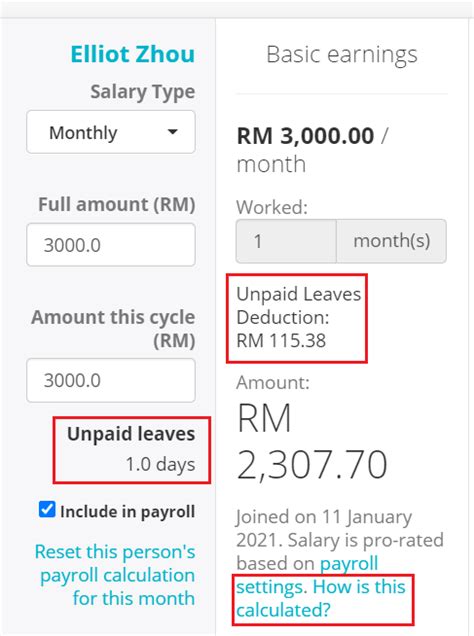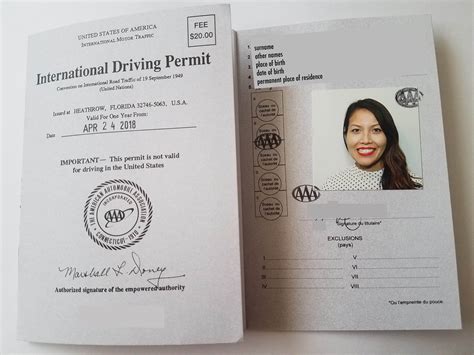The kidneys play a crucial role in maintaining our overall health and well-being. They filter waste products from the blood, regulate blood pressure, and help produce hormones that are essential for the proper functioning of the body.

1. Stay Hydrated
Drinking enough fluids, especially water, is essential for kidney health. Water helps flush out waste products from the kidneys and prevents the formation of kidney stones. Aim to drink at least eight glasses of water per day.
2. Reduce Sodium Intake
Excessive sodium intake can increase blood pressure and damage the kidneys. Limit your daily sodium intake to less than 2,300 milligrams (mg). Choose fresh foods over processed foods, which often contain high levels of sodium.
3. Follow a Kidney-Friendly Diet
A kidney-friendly diet is low in protein, phosphorus, and potassium. These nutrients can put stress on the kidneys and make it difficult for them to function properly. Consult with a registered dietitian to create a personalized kidney-friendly meal plan.
4. Manage Blood Pressure
High blood pressure is a major risk factor for kidney disease. Keep your blood pressure under control by following a healthy lifestyle, taking medications as prescribed, and managing stress.
5. Control Blood Sugar
Diabetes is another major risk factor for kidney disease. If you have diabetes, it is important to manage your blood sugar levels carefully to protect your kidneys.
6. Quit Smoking
Smoking damages the blood vessels and increases the risk of kidney disease. Quitting smoking is one of the best things you can do for your overall health, including your kidneys.
7. Get Regular Checkups
Regular checkups can help detect kidney problems early on, when they are most treatable. Ask your doctor to include a kidney function test in your routine blood work.
In addition to these steps, there are a number of other things you can do to promote kidney health:
- Get regular exercise: Exercise helps keep your heart healthy and reduces blood pressure.
- Maintain a healthy weight: Obesity increases the risk of kidney disease.
- Avoid alcohol and drug abuse: Alcohol and drug abuse can damage the kidneys.
- Take medications as prescribed: If you have a kidney condition, it is important to take your medications as prescribed to help manage your condition.
- Follow your doctor’s orders: Your doctor will provide you with specific instructions on how to care for your kidneys. It is important to follow these instructions carefully.
By following these tips, you can help preserve your kidney health and maintain your overall well-being.
Tables
| Nutrient | Recommended Daily Intake |
|---|---|
| Sodium | Less than 2,300 mg |
| Protein | 0.8 grams per kilogram of body weight |
| Phosphorus | 800-1,000 mg |
| Potassium | 2,000-3,000 mg |
| Risk Factor | Percentage of CKD Cases |
|---|---|
| Diabetes | 44% |
| High blood pressure | 28% |
| Family history of CKD | 14% |
| Obesity | 12% |
| Smoking | 10% |
| Symptom | Possible Cause |
|---|---|
| Frequent urination | Overactive bladder, diabetes |
| Painful urination | Urinary tract infection, kidney stones |
| Blood in urine | Kidney stones, urinary tract infection |
| Swelling in feet and ankles | Kidney failure, heart failure |
| Fatigue | Anemia, kidney failure |
| Treatment | Description |
|---|---|
| Dialysis | A procedure that filters waste products from the blood when the kidneys are not functioning properly |
| Kidney transplant | A surgical procedure that replaces a failed kidney with a healthy kidney from a donor |
| Medications | Medications can be used to treat kidney disease and its symptoms |















